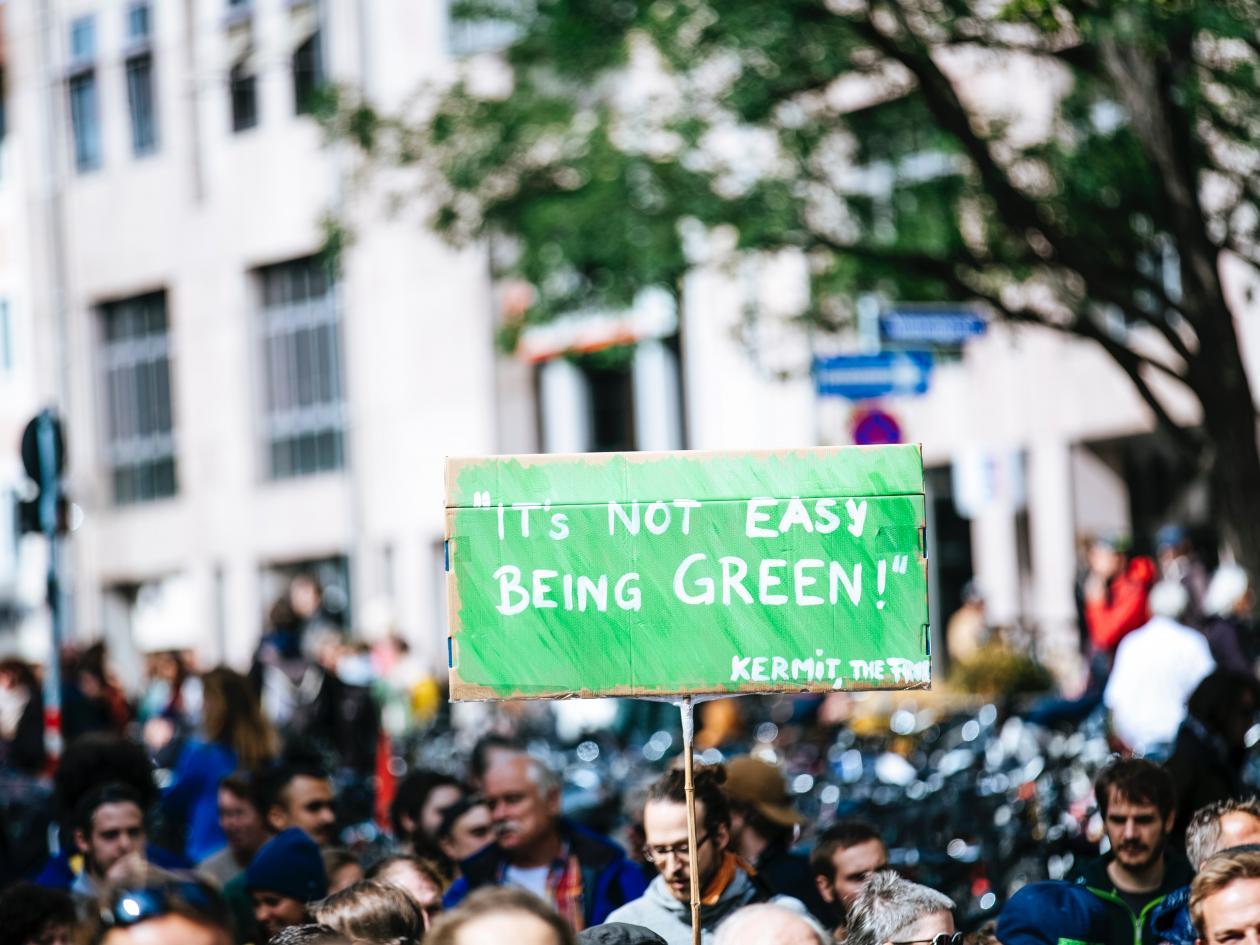From targets to meeting them
Momentum is building towards the United Nations Climate Change Conference of the Parties (COP 26) in Glasgow, but what will the public make of it? What does getting to Net Zero greenhouse gas emissions by 2050 mean? What economic, environmental, financial or social consequences will it have – for life, work and travel – and how could households respond to mitigation and adaptation? What benefits will there be, for whom and by when?
These are big questions. The UK urgently needs to accelerate an unprecedented process of decarbonisation if it is to meet its Net Zero commitments in 2035 and 2050. The Climate Change Committee, a statutory body with the remit of advising the UK and devolved governments on emissions targets and reporting to Parliament on progress and preparation, has recommended a reduction in emissions of 78% by 2035 (compared to a 1990 baseline) – including aviation and shipping. In its report to Parliament, it concluded that the UK is struggling to keep pace with climate change impacts, making the case for additional investment in low-carbon technologies and infrastructure to increase from around £10 billion per year today to over £50 billion per year by 2030, the bulk coming from the private sector – though there is a huge difference between when investments need to be made and when the benefits might accrue.
The Committee’s assessment of risks, and its suite of recommendations, extend across all sectors of the economy. As household activities cut across many sectors, from energy and food to housing and transport, it can be difficult to fully ascertain all the implications and opportunities for households.
The idea of individuals measuring their own carbon footprint has spurred the emergence of apps to help them – and the public could be forgiven if they have the impression that technology will save planet. It does have a vital role to play, as the demand for electric vehicles is showing, but it was only political pressure that spurred car manufacturers to act, supported by consumer subsidies. (Electric vehicles, though, may not be that green when battery production and manufacturing impacts are factored in.)
Policies accounting for the real costs of environmental damage, economic incentives, regulation and supporting behaviour change are needed in the right mix to orchestrate rapid change. Research in four European cities over four years (the HOPE project) suggests that households’ possible contribution and position in climate policy is not well understood, and that households are not a sufficiently high priority.
The role of households
We know that households are the highest contributor to greenhouse gas emissions compared to other major sectors in the UK, with the residential sector directly accounting for 21% of all emissions. It is estimated that globally the carbon footprint of all household activities such as transport, housing, food, personal services and clothing contributes to between 70% and 80% of all greenhouse gases.
How could households be active drivers of decarbonisation, and what policies are needed to make rapid progress? Car and plane travel, heating and insulation, and meat and diary consumption are obvious areas for households to contemplate. For researchers and policymakers, there is a Rubik’s Cube of factors to consider and align – demographics, housing circumstances and behaviours; the scale and pace of reduction of carbon from different types of activities; and the potential impacts from types of policy measures. Interestingly, the HOPE project found that the greater the mitigation effects of an action the less willing households are to implement them – with a mismatch between household emission levels and policy measures in some areas.
Also, the impact of households on the environment changes over time because households aren’t fixed entities. They’re dynamic, and as lives shift through different phases from childhood and adulthood through old age, their circumstances, carbon footprint and capacity for managing the transition also changes. Nor do owners and renters necessarily have the same choices.
A just transition
Overall, decarbonisation has the potential to bring significant economic, environmental and health benefits – better insulated houses, new jobs in ‘green industries’, cleaner air, particularly in urban areas, quieter streets, and so on. Public support and active involvement in the transition will depend on how the costs and benefits fall across households and what the changes will mean for living standards.
The cost of low-carbon policies in the UK, such as renewable energy subsidies, household retrofit and smart meters, adds an additional 13% to household energy bills. Given that the lowest income households spend a much larger proportion of their income on heating and powering their homes, low income households currently pay disproportionately more towards the UK’s low-carbon policy costs. A national programme to decarbonise homes, without large bill increases, will require an additional investment of £10,000k per home over the next 30 years.
Estimating household energy footprint by income groups shows that the lifestyles of higher income households require nearly five times more energy than the lowest, but because levies are only raised on energy bills, those with high incomes pay only 1.9 times more towards policy costs.
There are many different components to a just transition besides energy bills – other impacts on consumers, competitiveness of particular industries, jobs, skills, and regional and localised effects, for example. Making sure the costs and benefits of Net Zero transition are distributed across households, as well as preventing the costs of mitigation and adaptation from falling unfairly across society, will thus be of paramount importance.
Climate crisis: a data dive
If households are to play a bigger role in tackling the climate crisis, more research, policy thinking and action is needed to help them make the transition. The Understanding Society data dive is aimed at researchers and policy analysts from higher education, think tanks, charities, government departments and trade associations – working collectively to analyse new research questions and develop policy ideas and solutions.
Using Understanding Society data, the dive – on 25 Nov, 2 Dec and 9 Dec – will consider a range of themes, including:
- attitudes, behaviours and housing
- travel, transport and clean air
- green renewal and green jobs
- politics, belonging and civic engagement
Apply for a place on the data dive now – deadline for applications is 24 October
Authors

Raj Patel
Raj Patel is Associate Director, Policy and Partnerships, at Understanding Society





